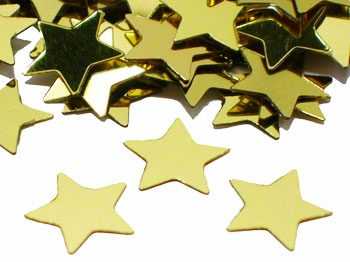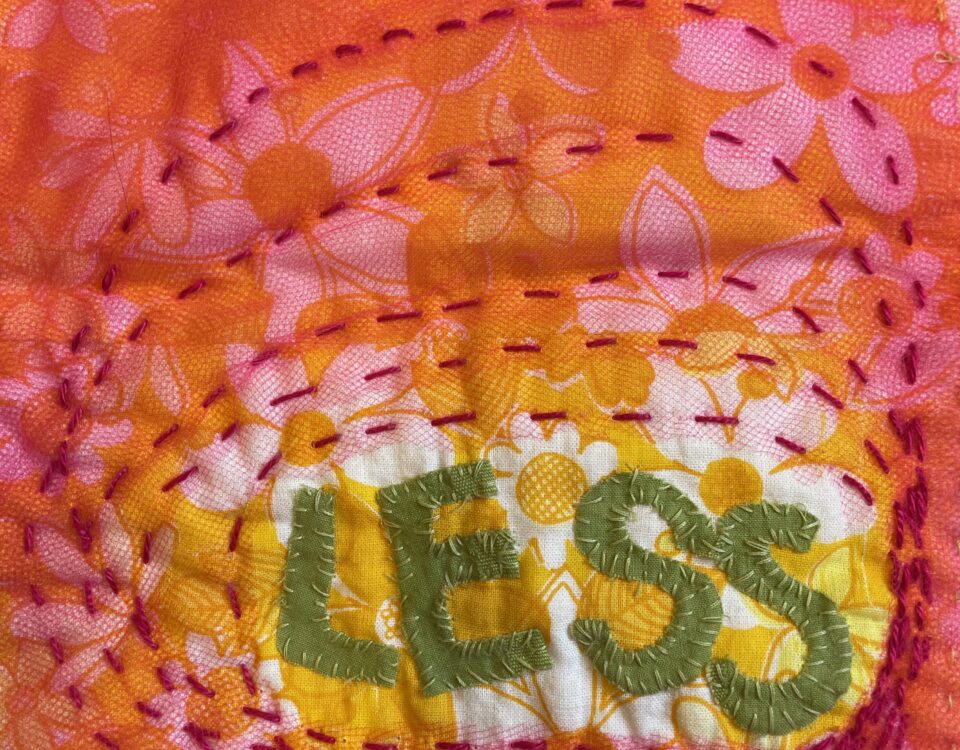All Fruits Ripe
August 26, 2012Going downhill on a bicycle
September 9, 2012I’ve spent the past couple of days looking for a reliable source to confirm something I read about B.F. Skinner, the famous behaviorist and psychologist. I found it in an article by his daughter Julie S. Vargas, Ph.D
Here’s another way in which my father tried to improve his productivity: He wired his desk light so that turning it on also turned on a clock —that way, he had a record of how much time he spent writing. He wrote early in the morning when the house was quiet. When I was a child and came down here to talk to him about something, he would click off the desk light, spin around on his swivel chair and with a big smile, say, “Hello. What can I do for you?” When I left, he would turn on the light, starting the clock again, and go back to work. Each week, he plotted his daily hours on a graph. When he found himself clock-watching, he taped a piece of cardboard over the clock face so that he wouldn’t be distracted.In the anecdote that I read about the above, it also said that Skinner would give himself gold stars if he achieved a particular number of writing hours. This small little bit of positive reinforcement fueled him daily, as did the many ways he would modify his environment to create the best conditions for productivity. For example, he once slit open the cushion of his office chair, inserted additional stuffing in a few key locations to create a more comfortable seat. (I have a special chair in my MCLA office that I adore–work is much easier when the tushy is happy!) I am completely fascinated by this as I attempt to create the my own best conditions for the research I am doing in the studio and at PRESS and the writing I do as an assistant professor. Certainly my monthly chart helps me with that, and shows me the areas that are important to me, but still need attention in my life.
I am realizing that my happiness project is about wanting to create more space for complete and utter non-scheduled play and experimentation that is also 100% free of worry about uncompleted tasks, in my studio and in my home. Skinner was hugely devoted to his free time and leisure, making sure to schedule some everyday, i.e. reading unrelated to his work (mystery novels) and watching TV–music was too stimulating. Skinner was the ultimate self-manager, someone who was able to be extremely productive by modifying his behavior, giving himself positive reinforcement and remembering to schedule and indulge in guilty free relaxation.
So the answer to my quest for greater contentment is to schedule blocks of time for putzing around the studio, in the garden and the woods, and to protect it, keep it safe from the demands of other aspects of my life. Is it that simple? Perhaps more difficult is the mindset that needs to go with it–to be completely present to that moment, whatever it is, without the worry of what still needs to be done.
Wanna read more about BF Skinner as self-manager? Go here.
And join me reading this book, a book Doug is reading that might just help me make progress with this.
And thanks to our friends over at Everyday Health, just down the street from PRESS who shared this article about a happiness gene.


